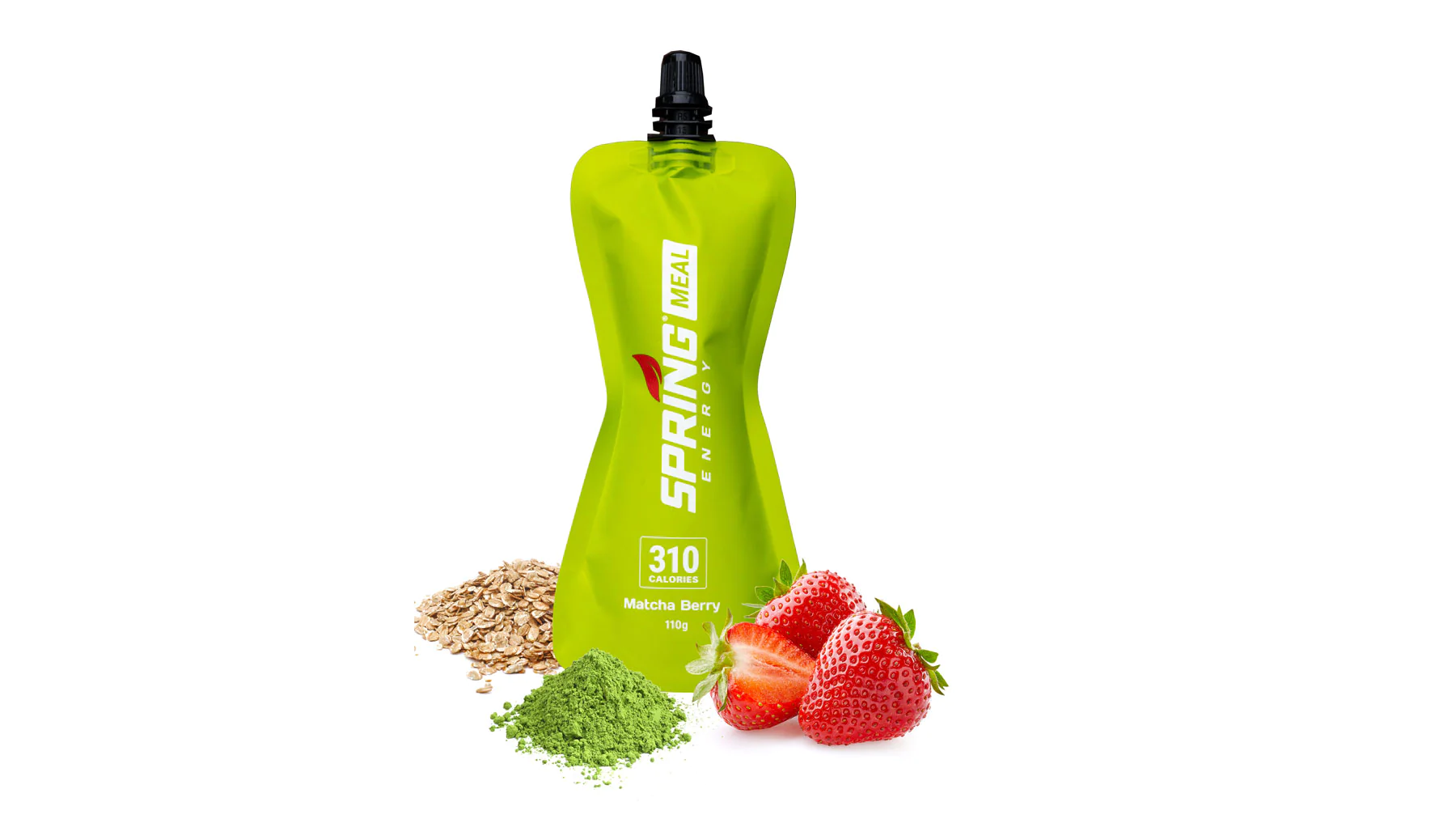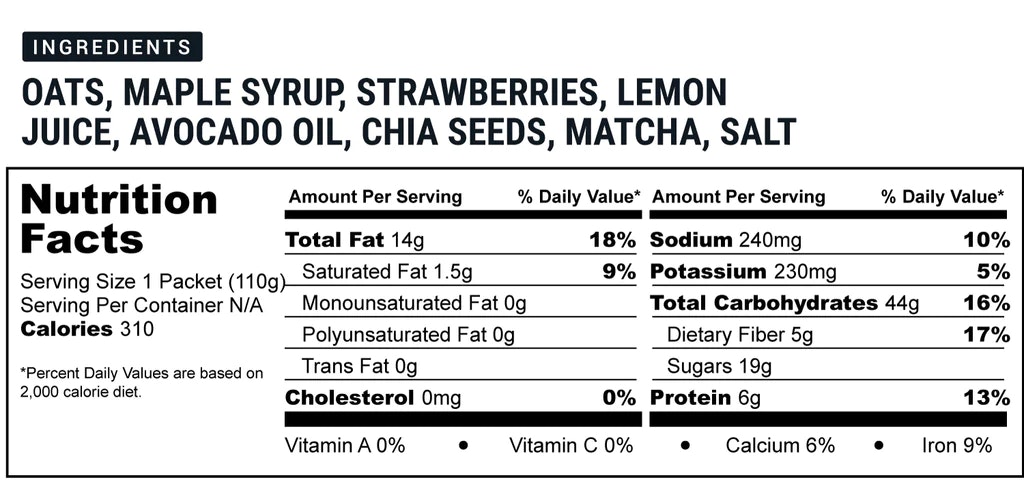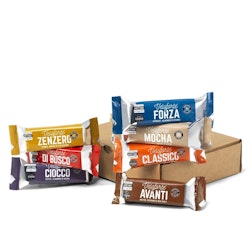Enjoy the wealth of healthy ingredients and get the fuel you need to power your most sustained challenge, uninterrupted by GI issues!
Matcha Berry provides a wide range of energy sources, from simple carbohydrates (coming from maple syrup and strawberries) to complex carbohydrates (oats) and fatty acids (avocado).
This combination of ingredients, with matcha tea that mobilizes the metabolism, makes Matcha Berry a perfect meal for endurance athletes who strive to eat healthy and fuel efficiently with healthy ingredients.
Matcha is shade grown powdered green tea leaves (Camellia sinensis). It provides a wide range of benefits, making it popular among health enthusiasts.
Antioxidant content. Loaded with antioxidants.
Improved energy and focus. Caffeine in combination with L-theanine provides sustained energy without jitters. It improves focus and cognitive function.
Increased metabolism. Combining caffeine and catechins can help increase metabolism and promote fat oxidation
Detoxification. Matcha's vibrant green color comes from chlorophyll which supports detoxification by helping to eliminate toxins and heavy metals from the body.
Matcha vs coffee
Increased metabolism and focus
Matcha contains a moderate amount of caffeine combined with L-theanine, an amino acid that promotes a state of calm alertness. This duo provides sustained energy without jitters, improves focus and cognitive function.
Combining caffeine and catechins in matcha can help increase metabolism and promote fat oxidation, potentially supporting overall energy expenditure from various sources.
Antioxidant content
Matcha is packed with powerful antioxidants that help keep oxidative stress at a safe level, reduce inflammation and protect cells from damage.
For athletes striving to reach peak performance levels, the fight against oxidative stress is critical to their training journey. Intense physical activity increases the body's need for oxygen, which leads to increased production of free radicals – highly reactive molecules that can damage cells and contribute to muscle fatigue, inflammation and prolonged recovery times.
This oxidative stress inhibits athletic progress and can lead to long-term problems such as overtraining and injury. Our diet can make a difference by adding an extra layer of protection.

 Svenska
Svenska
 Deutsch
Deutsch








